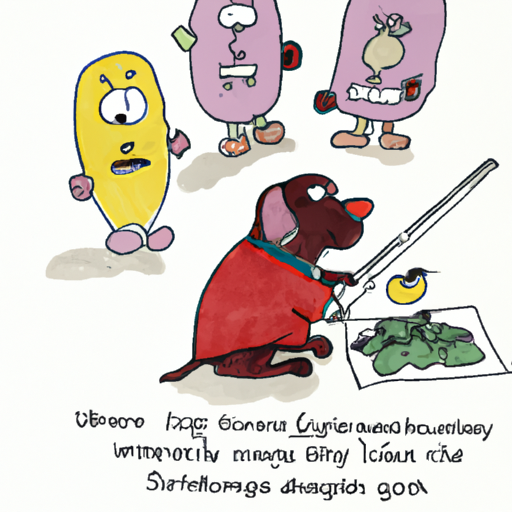Introduction
You love your dog, that’s a given. But are you aware of the potential dangers lurking in their food bowl? Without proper knowledge, you could unknowingly be feeding your pet foods that increase their risk of developing kidney stones. But don’t fret – that’s why we’re here. We’ll guide you through the maze of dog nutrition, helping you understand what to avoid to keep your beloved pet healthy and happy.
Understanding Kidney Stones in Dogs
Before we delve into the food aspect, it’s important you understand what kidney stones are and how they affect your dog. Kidney stones, or nephroliths, are hard collections of minerals that form in the kidneys. They can cause discomfort, urinary problems, and in severe cases, can block the flow of urine, leading to a life-threatening condition.
Foods That Cause Kidney Stones
Now, let’s get to the heart of the matter. What foods should you keep your dog away from to prevent kidney stones? Here’s a list:
-
High Oxalate Foods: These include spinach, rhubarb, beetroot, and sweet potatoes. High levels of oxalate can bind with calcium in your dog’s urine to form calcium oxalate stones.
-
High Protein Foods: Diets high in animal protein can increase the acidity of your dog’s urine, which can lead to the formation of certain types of stones.
-
High Sodium Foods: Foods high in salt can cause increased calcium in your dog’s urine, leading to stone formation.
-
Certain Dairy Products: Some dairy products can increase the risk of kidney stones due to their high calcium content.
| Food Type | Risk Level |
|---|---|
| High Oxalate Foods | High |
| High Protein Foods | Medium |
| High Sodium Foods | High |
| Certain Dairy Products | Medium |
Preventive Measures
Keeping kidney stones at bay isn’t just about avoiding certain foods. Here are some preventive measures you can implement:
- Hydration: Ensure your dog is drinking enough water. This helps dilute the substances in the urine that can form stones.
- Regular Check-ups: Regular vet check-ups can help identify any potential issues early on.
- Balanced Diet: Consult with a vet to ensure that your dog’s diet is well balanced and appropriate for their breed, age, and health status.
FAQs
Q: Can kidney stones in dogs be treated?
A: Yes, there are various treatment options available including dietary changes, medication, and in severe cases, surgery.
Q: Are certain dog breeds more prone to kidney stones?
A: Yes, breeds such as Dalmatians, Bulldogs, and Miniature Schnauzers are more prone to kidney stones.
Q: Can a dog live a normal life after kidney stones?
A: Yes, with proper treatment and dietary changes, a dog can live a normal life after kidney stones.
In conclusion, as a loving caregiver, your pet’s health is paramount. By understanding the link between diet and kidney stones, you can make informed choices to ensure their wellbeing.



